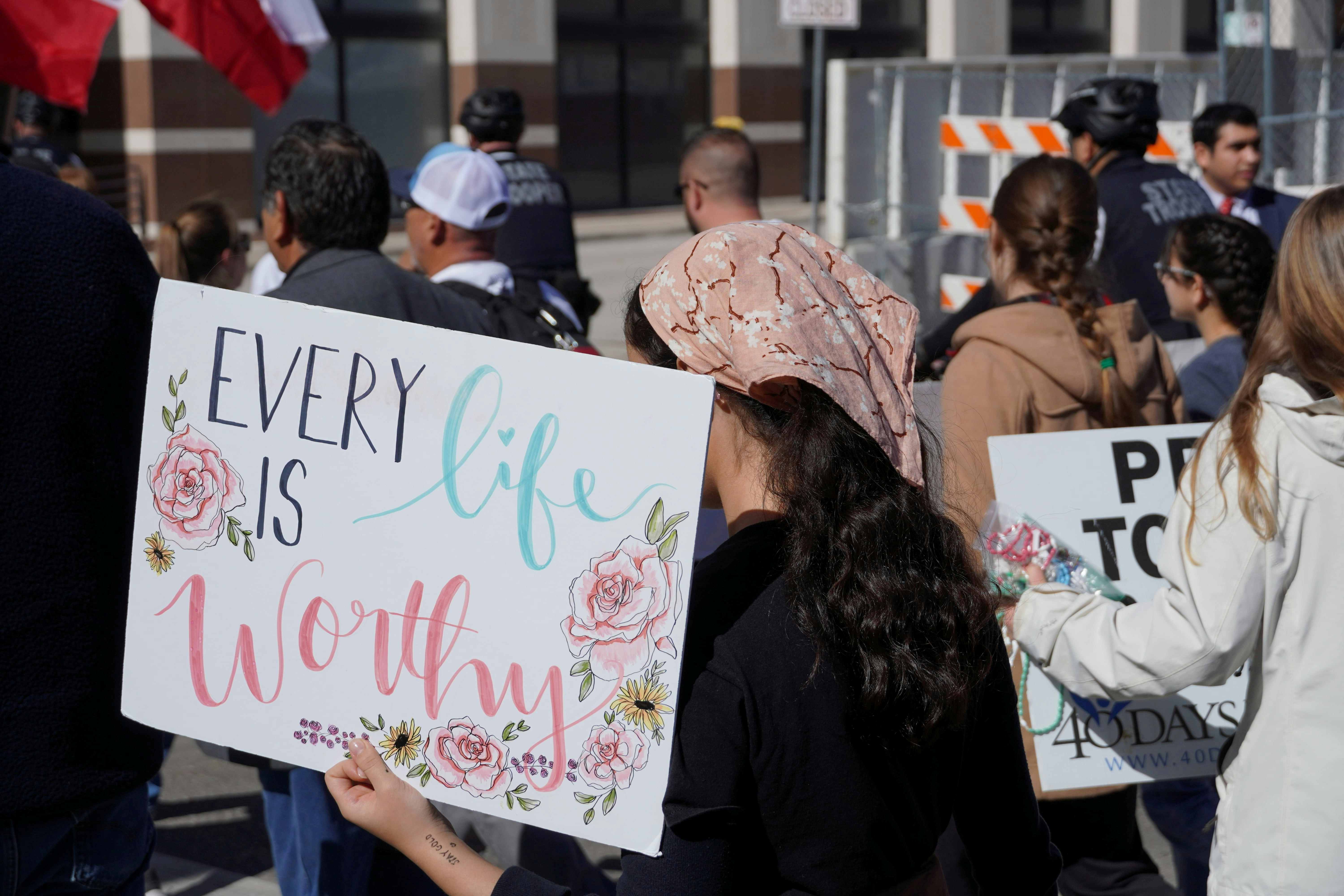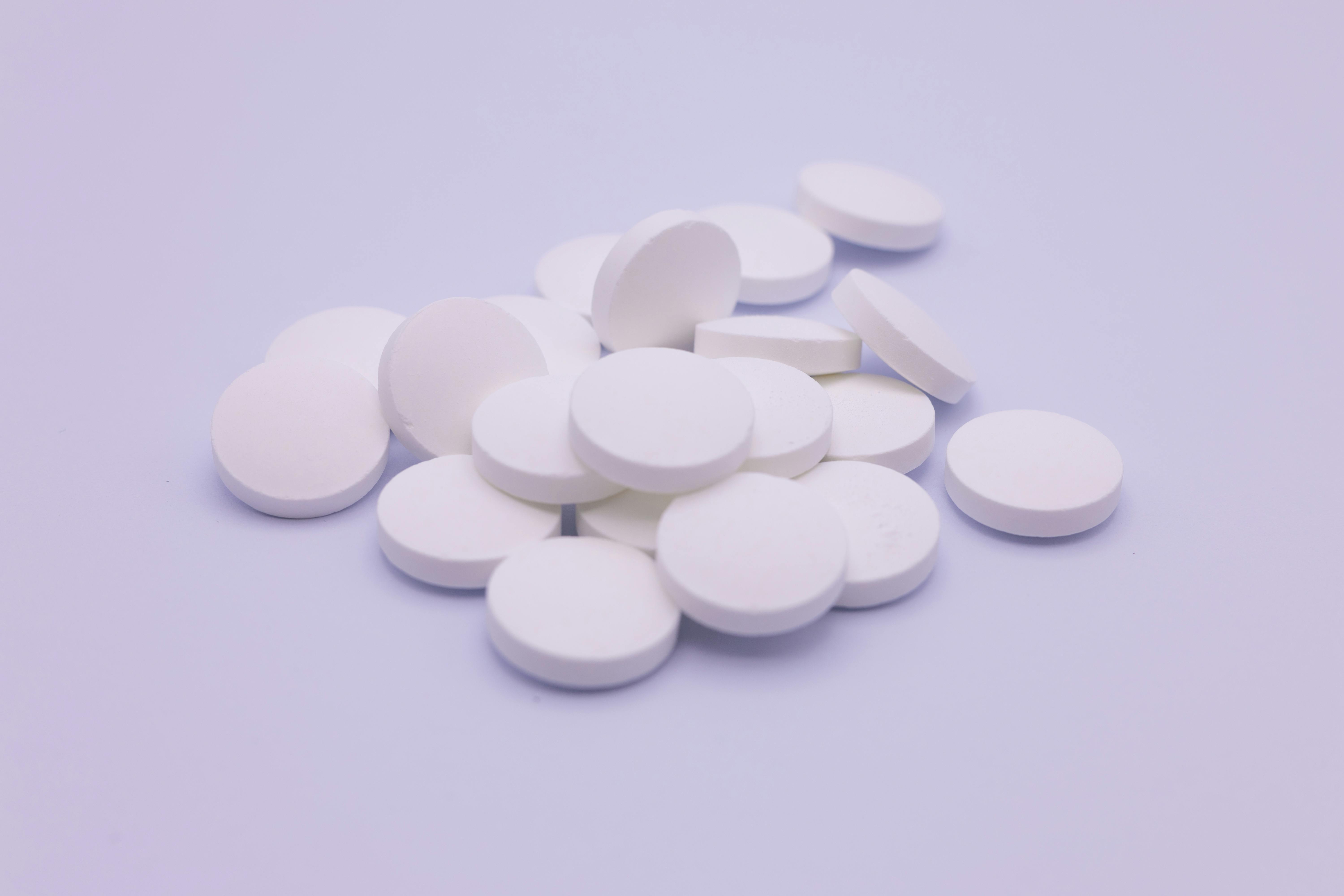A landmark legal case involving mail-order abortion pills is testing whether pro-life states can successfully prosecute doctors in abortion states with more permissive laws for providing chemical abortion drugs across state lines.
In what appears to be the first case of criminal charges against an abortion provider for sending chemical abortion pills to another state since the Dobbs ruling overturning Roe v. Wade and sending abortion regulation back to the states, charges have been filed against the abortion provider, her abortion business, and the mother of a pregnant minor alleged to have been harmed by the abortion drugs.
A Louisiana mother had ordered the abortion pill through the mail from New York for her pregnant daughter, who then had to be transported to an emergency room due to complications from the drug. Most abortions in Louisiana are illegal, while nearly all abortions in New York are allowed. Abortion pills also are illegal in Louisiana, following a new law classifying chemical abortion drugs mifepristone and misoprostol as controlled substances which went into effect last October 1.
Louisiana District Attorney for the 18th Judicial District Tony Clayton charged the mother of the girl and the doctor, Margaret Carpenter, who prescribed the pills, along with Carpenter’s company, Nightingale Medical, PC, after a grand jury issued indictments Jan. 31 for all three for criminal abortion via abortion-inducing drugs.
Carpenter was sued by Texas Attorney General Ken Paxton as well in December, for alleging illegally giving abortion drugs to a woman across state lines, which killed the unborn child and caused serious health complications for the mother.
[Click here to subscribe to Pregnancy Help News!]
Although the mother in the Louisiana case turned herself in, Carpenter has not -- and even has drawn support from the New York state legislature, which responded by passing a bill protecting the identities of doctors who prescribe abortions pills through the mail. That bill was signed into law by Democrat Gov. Kathy Hochul, who has criticized the prosecution.
Hochul further said she would not sign an extradition request from Louisiana for Carpenter.
“We always knew that overturning Roe v. Wade wasn’t the end of the road for anti-abortion politicians,” Hochul said in a statement. “That’s why I worked with the legislature to pass nation-leading laws to protect providers and patients. It’s more critical than ever for states to step up and protect reproductive freedom -- and I’ll never back down from this fight.”
Clayton, though, says his case is just.
The minor in the case wanted to keep her baby but was pressured by her mother to abort, Clayton said.
“She was a minor and … she was excited,” Clayton said, according to a report from WBRZ. “She had planned a reveal party. She had wanted to have this baby.”
“To ship a pill from another state,” he added, “is equivalent to me to shipping fentanyl or any other type of drug that ends up in the mouths and stomachs of our minor kids.”
The case, Clayton said, is a matter of right and wrong.
“Whether you are pro-abortion or against it, the bottom line is some child who wanted her baby now doesn't have that baby and this doctor has a date with Louisiana, Louisiana justice,” Clayton said.
Louisiana Attorney General Liz Murrill, a Republican, supports the prosecution.
“It is illegal to send abortion pills into this state and it's illegal to coerce another into having an abortion,” Murrill said. “We will hold individuals accountable for breaking the law.”
Tweet This: It is illegal to send abortion pills into this state and it's illegal to coerce another into having an abortion.
The criminal charges, Clayton said, involve “aiding and abetting the committing of an abortion in Louisiana.”
“It would be a groundbreaking case,” Clayton told Jim Engster of the radio program Talk Louisiana, days before the charges were filed. “I think we would be the first state to charge the clinic and the doctor.”
Louisiana Right to Life is welcoming the district attorney’s action. The doctor in the case “either did not know, or did not care, that the pills she was prescribing would be utilized to harm a minor and then end the life of her unborn baby against her will,” the organization said.
“As common in the online abortion industry, it is reported that Dr. Carpenter required no medical examination or even an interview with the young pregnant woman before prescribing the drugs,” Louisiana Right to Life Communications Director Sarah Zagorski said. “The physician should be held accountable for her reckless disregard of her purported patient’s safety. Furthermore, Dr. Carpenter is not licensed to practice medicine in the state of Louisiana. Louisiana Right to Life applauds DA Clayton for taking initiative to protect Louisiana women and babies from the devastating effects of coerced abortion and the abortion industry.”
Pro-life advocates say the case underscores the dangers of the abortion pill, a two-step regimen involving two drugs: mifepristone (RU-486) and misoprostol. Mifepristone blocks the hormone progesterone, causing the lining of the uterus to break down in order to kill the unborn baby. The second drug, misoprostol, leads to contractions and the delivery of a dead fetus.
Mifepristone is approved in the U.S. through 10 weeks of pregnancy, though there have been reports of instances of it being given to women later in pregnancy.
One study released in 2021 found that 6 percent of women who took the abortion pill had to be transported to emergency rooms or urgent care centers, raising further safety issues. Another study has indicated that the FDA’s loosening of the restrictions for mifepristone since 2020 has resulted in an increase in the hospital emergency room visitation rate for women.
The chemical abortion pill has been proved to be four times more dangerous than surgical abortion. The severe risks to women who take the abortion pill include hemorrhage and infection which are life-threatening. Women are at increased risk with chemical abortion pills because the drugs are frequently self-administered anywhere the woman is and most often without ample medical oversight. The dangers from chemical abortion, pro-life advocates say, are heightened with the propensity for human traffickers and other abusers to exploit them, and further opens to door for coerced abortion.







